5 Fake Superfoods to Avoid and 5 Real Ones to Try
In the world of nutrition, the term "superfood" is often thrown around, but how many of these foods truly deserve this title? Dr. Ken Berry — a family physician practicing in rural Tennessee for over two decades and committed to helping patients overcome obesity, insulin resistance, and type 2 diabetes — sheds light on this topic. In one of his viral videos, he exposes five popular "superfoods" that don't live up to the hype and introduces five genuine superfoods that can significantly boost your nutrition. Read on to discover which foods you should be adding to your diet and which ones might not be worth the extra cost or effort.
The Origin of "Superfood

Dr. Berry starts by explaining the origin of the term "superfood": "Back early in the nineteen hundreds, the United Fruit Company was just starting to really import lots of bananas into the United States, and they tried to talk about how convenient they were. They tried to talk about how easy they were to eat. That didn't really catch on. So then they started paying doctors and medical organizations like the American Medical Association to say that bananas had medicinal qualities and that they were so nutrient dense that they were a superfood," he says in the video.
According to Dr. Berry, "The term superfood was a marketing term to sell lots of bananas." He adds, "What other food companies quickly learned from the United Food Company was that the term superfoods equals super sales, and you get to charge a lot more money for it."
Defining a True Superfood

Dr. Berry proposes a definition for a true superfood: "My definition of a superfood is a food that is nutrient-dense, ancestrally appropriate—meaning humans have eaten it for a long time—and rich in amino acids, fatty acids, vitamins, and minerals, all of which are essential." He further explains, "Also, these foods are highly bioavailable and bioabsorbable, meaning the nutrients aren't locked up by oxalates, lectins, or phytates. Finally, superfoods should be non-inflammatory. They should not cause inflammation in any group of human beings." He is listing five overhyped superfoods.
Fake Superfood 1: Whole Grains
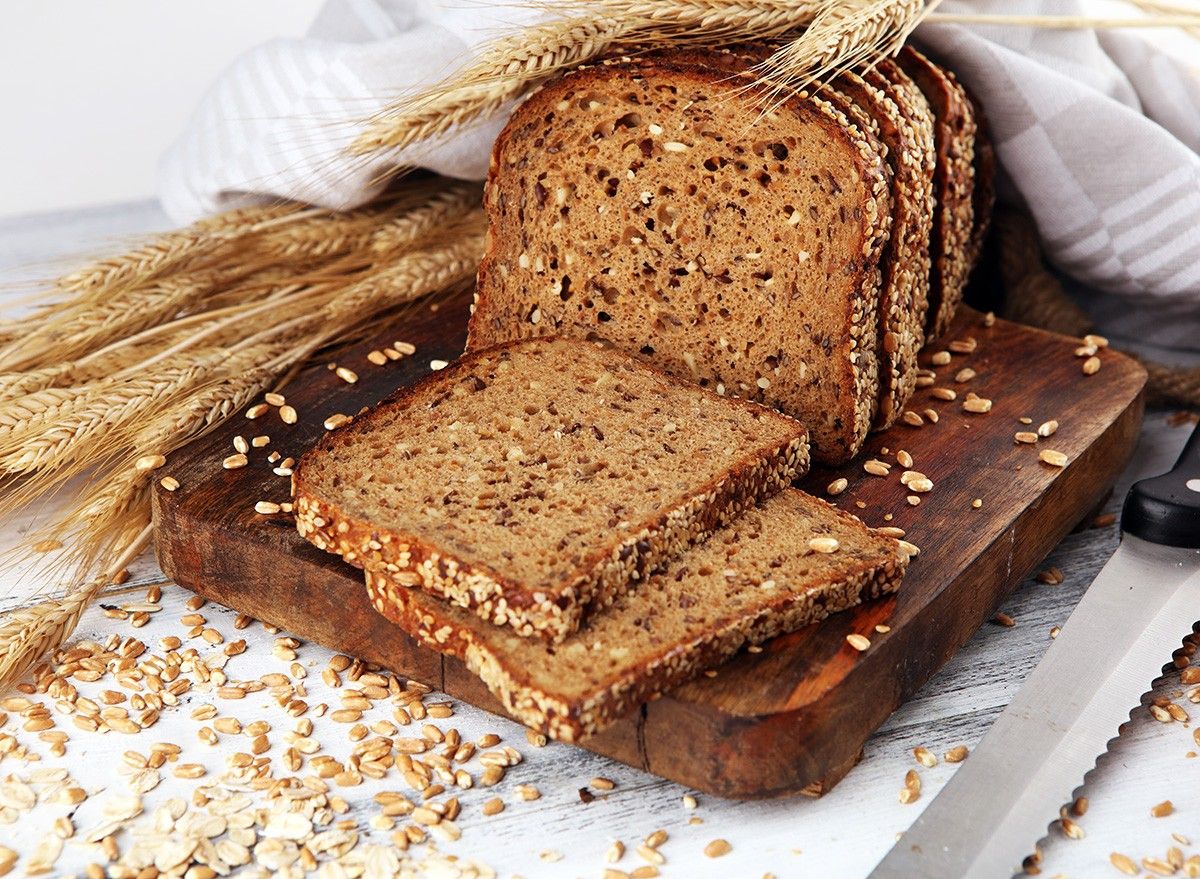
Dr. Berry states, "Whole grains. Right off the bat, there's a large percentage of human beings on the planet who have an outright allergy to gluten or gliadin—people with celiac disease—who cannot eat whole grains at all." He adds, "Grains are devoid of nutrition. That's why they're often fortified with fake vitamins and minerals coming from a chemical factory because they don't contain any."
Fake Superfood 2: Dark Chocolate
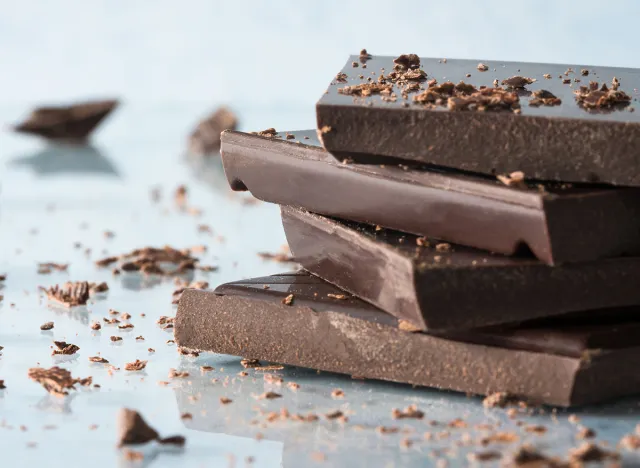
"Dark chocolate. It is touted as a miracle cure for this, that, or the other. It has magical phytochemicals in it—phytonutrients that you just can't get anywhere else in such high quantities," Dr. Berry explains. However, he argues, "The problem is all these phytonutrients you hear about, like polyphenols and others, have never been proven to be necessary for optimal human health."
Fake Superfood 3: Kale
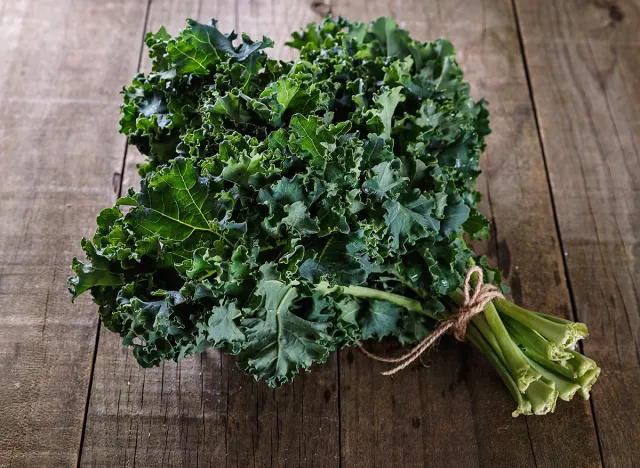
Dr. Berry challenges the superfood status of kale: "Kale is often touted as a superfood. It has so much vitamin A, but wait a minute—does kale actually have any vitamin A whatsoever? Look it up because it doesn't. It has zero real vitamin A. It has a lot of beta-carotene, which some of us can convert into vitamin A, but many of us have trouble with that conversion."
Fake Superfood 4: Manuka Honey
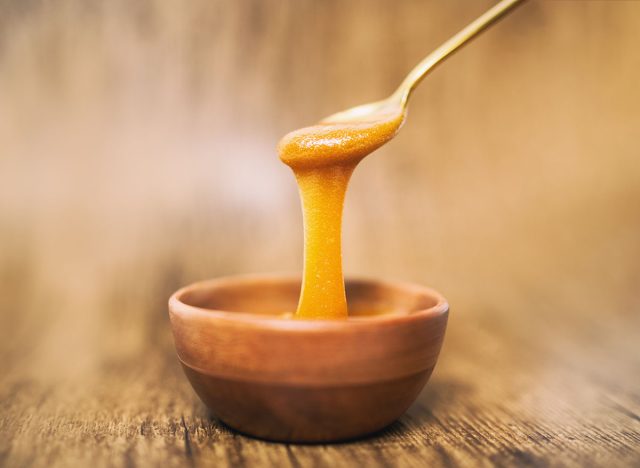
"Manuka honey or any of the other magically delicious kinds of honey out there," Dr. Berry states. He argues, "Honey of any variety—from the cheapest honey that's been cut with corn syrup all the way up to the most premium, expensive honey on the planet—is sugar and water. That's what it is. It spikes your blood sugar and insulin. There's nothing magical about honey. It's not a superfood."
Fake Superfood 5: Pomegranates
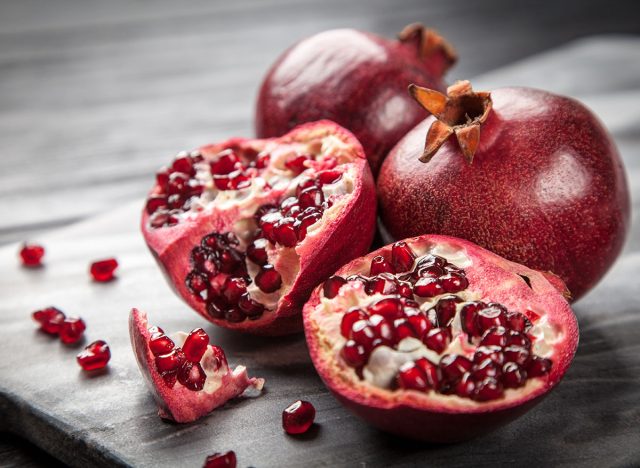
Dr. Berry critiques pomegranates and pomegranate juice: "When you actually look up the nutrition information about pomegranate juice, you're like, 'Wait, did I miss something?' Because this doesn't look very super. It just looks like a lot of carbohydrates and a few phytochemicals that may or may not someday be proven actually to benefit the human organism."
After finishing with imposters, he lists five superfoods that can genuinely boost a person's health.
RELATED: I'm 90+ and These 9 Fat-Blasting Habits Keep Me in the Best Shape of My Life
Real Superfood 1: Eggs
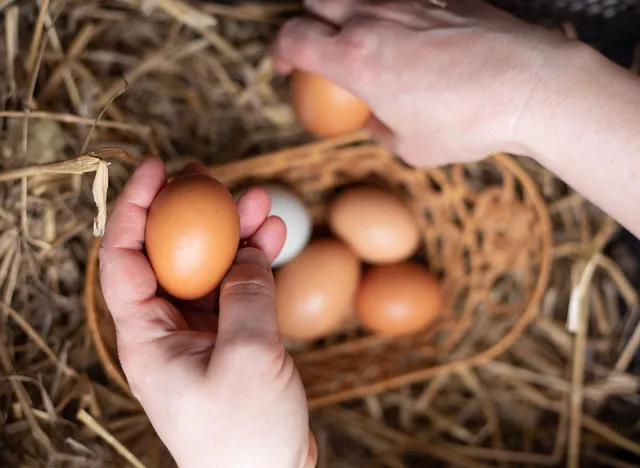
Dr. Berry praises eggs as a true superfood: "If you look up the nutrition information for an egg that came from a chicken allowed to pasture and eat bugs, worms, grass, and seeds—the things chickens love, maybe even a snake or two—the nutrition quality and density of that egg yolk are just off the charts."
Real Superfood 2: Sardines and Anchovies
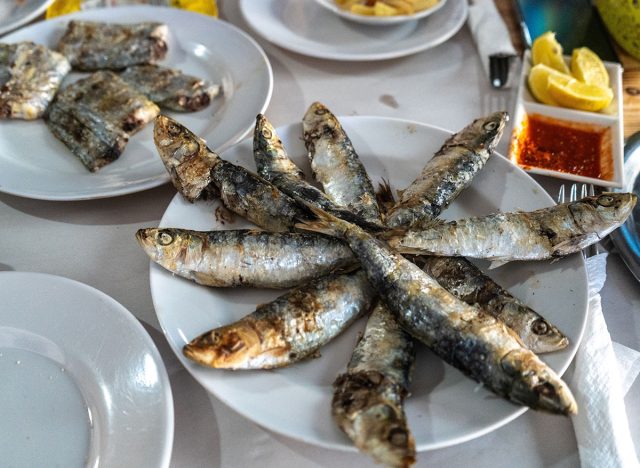
"Any of the small cold-water fish with the skin on and the bones in are amazing nutritionally," Dr. Berry states. He adds, "I could literally lock you in my barn and just feed you sardines with the skin on and the bones in, and it would be years before you developed a vitamin or mineral deficiency because they're so nutritionally complete."
RELATED: The One Superfood Worth Eating Every Day to Boost Metabolism, Top Nutritionist Reveals
Real Superfood 3: Liver
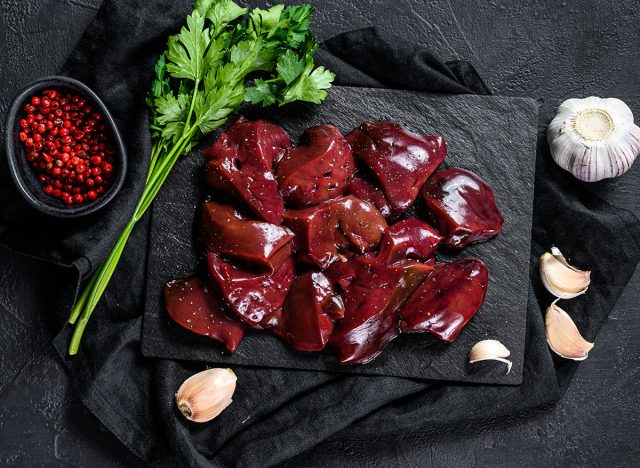
Dr. Berry considers the liver a preeminent superfood: "Liver is probably the preeminent superfood. I didn't put it number one because a lot of people haven't yet learned to like the taste of liver. But while you're still working on that, I want you to look up the nutrition content in just two ounces of liver and compare it to any other purported superfood on the planet."
Real Superfood 4: Fish Roe
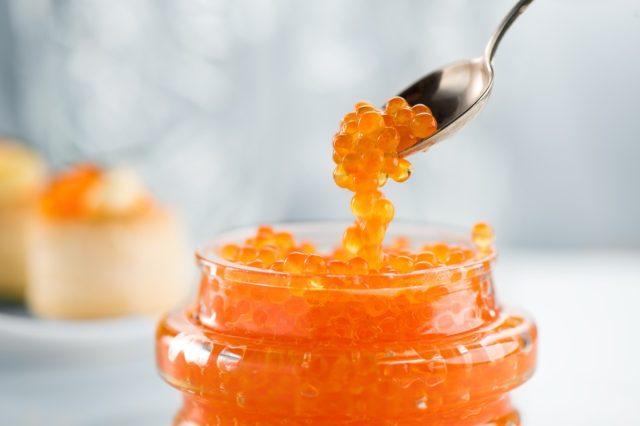
"Fish roe is a literal superfood," Dr. Berry explains. "You could probably be locked in my barn for decades, and if I were feeding you fish roe, you would never develop a single vitamin or mineral deficiency. You would have all the omega fatty acids, other essential fatty acids, and all the essential amino acids that you needed."
Real Superfood 5: Bivalves
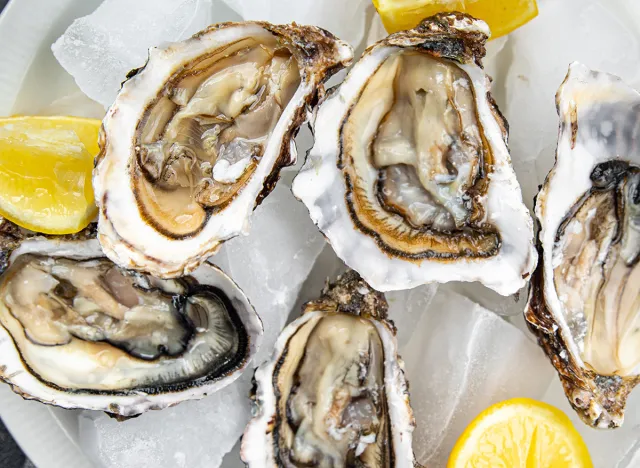
Dr. Berry recommends bivalves: "This includes mussels, oysters, and clams. These guys are superfoods. A lot of people don't realize this—they're not on many people's radar. Actually, the entire mollusk category is an excellent, excellent superfood." He adds, "Oysters, clams, and mussels are nutrient-dense. They have almost a complete panel of every single nutrient you would ever need for optimal health."
RELATED: 10 Cardio Mistakes I Will Never Make Again After Losing 110 Pounds
Final Word From the Expert
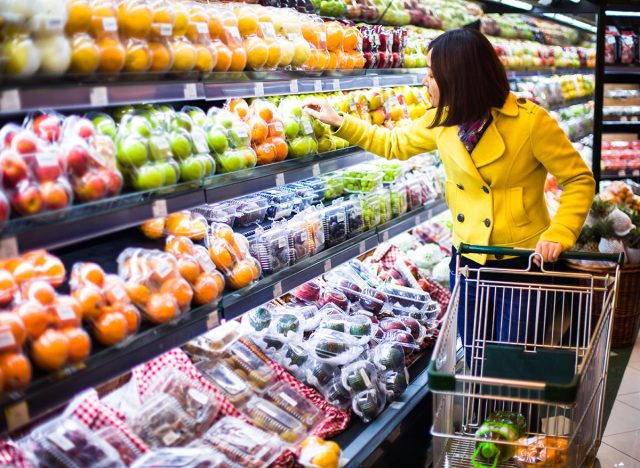
Dr. Berry concludes his video with a warning about marketing: "Anytime in the future you pick up something at the grocery store and it has the word 'superfood' on the label, you can know immediately that's BS, and you can put it back down. It's overpriced, and it's probably not a superfood. Go to the section of the store where I talk about the other five superfoods and buy those because they actually deserve the name." And if you enjoyed this article, take advantage of these 15 Quick Ways to Lose Body Fat Percentage in a Week.





